The World Bank has for long been dogged by allegations of promoting misguided policies that worked mainly to impoverish the majority of people while benefiting the rich, particularly in developing countries. It appears the Bretton Woods institution enjoys this toga and has cavalierly dug in. This came to the fore last week when Nigeria’s labour centre labeled the World Bank a public enemy and a threat to the country’s economy for recommending a jack-up of the pump price of petrol to N750 a liter from the current N650. This is at a time citizens are dying in installments owing to the severe hardship occasioned by an earlier removal of fuel subsidy which even local authorities have since realized wasn’t a well thought-out move. The anti-World Bank sentiment is not only a Nigerian feeling but pan-African.
It would be recalled that during the annual meeting of the International Monetary Fund (IMF) and World Bank in Marrakech, Morocco last October, demonstrators gathered on the sidelines to protest against both institutions which they called “the biggest scam of the century”. While detailing how the policies of the Bretton Woods twins impacted their countries, the protesters drawn from across Africa dramatically formed a ‘People’s Alternative Global Tribunal’ which found IMF and World Bank “guilty of fuelling inequality by colluding with the financial sector and powerful multinational corporations”. It is ironic that this is a highpoint of the annual meeting which was being held on African soil for the first time in fifty years, with the continent’s prosperity supposedly high on the agenda.
Join our WhatsApp ChannelREAD ALSO: World Bank Blames Remittance Diversion On Exchange Rate Woes In Africa
This agendum flies in the face of the following observation by the Nigeria Labour Congress: “It is an advice laden with mischief and intended to destabilize not only the nation’s economy but also Nigeria’s long-term development plans. It further demonstrates to doubting Thomases that the Bretton Wood institutions who are the arrowheads of the neoliberal school are not pro-poor but steeped in predatory policies that beggar the poor so that the rich will become richer. It is truly a shame that the World Bank has really shown itself to be an enemy of the Nigerian nation. Its continued grandstanding and generation on anti-poor policies and programmes have destabilized many countries of the South, especially nations within the sub-Saharan region.”
Not only the organized labour even Nigerian students came out to express deep concern and dissatisfaction regarding the recent proposal from the World Bank. According to the National Association of Nigerian Students (NANS), “As representatives of Nigerian Students both home and in diaspora, we are deeply concerned about the welfare of the masses, particularly the students community that form a crucial part of our nation’s future. The continuous rise in fuel prices not only burdens the daily lives of citizens but also poses a direct threat to the accessibility of education and the overall economic stability of the country”. But for its recent intervention in a sensitive issue that has a direct bearing on all Nigerians, the wool wouldn’t have fallen off the eyes of those still giving the World Bank a benefit of the doubt. With all the misery that the hike in the pump price of petrol has caused which made even the usually unfeeling government of Nigeria to have a rethink, it beggars reason why the Bretton Woods institution would want to compound the cost of living crisis in Nigeria.
If it’s about conserving funds for public-interest spendings, why shouldn’t the Bank advise Nigerian authorities to cut profligate government spendings, fix the refineries and plug corruption and round-tripping in the system. The stern censure it has received from cross-section of Nigerians since making the callous recommendation calls to question the altruism of the World Bank. It also raises doubts if the Bank actually made the call considering galloping inflation that has been escalated by the high cost of petrol. Unfortunately, it actually did! While presenting the Nigeria Development Update (NDU) for December 2023, World Bank’s lead economist for Nigeria, Alex Sienaert said: “We think the price of petrol should be around N750 per litre more than the N650 per litre currently paid by Nigerians.” The World Bank must desist from putting ideas in the head of the Nigerian government which saw the extreme suffering citizens faced in the wake of the removal of fuel subsidy and assured that the price of the product will not go beyond the current band.
World Bank’s pontification in Nigeria affirms a finding by the Johannesburg-based ActionAid that scrutiny of IMF and World Bank’s policy recommendations for some 10 African countries, which often accompany financial assistance, shows that the directives are severely hurting economies and deepening economic challenges instead of helping. The non-governmental organiation in a new research titled ‘Fifty Years of Failure: The International Monetary Fund, Debt and Austerity in Africa’, exposed how the global lender’s policy prescriptions, which African governments have little to zero autonomy to reject, have failed to improve their economies, instead hurting livelihoods of millions of people. “Rather than proposing reforms that would target the wealthiest individuals and companies, the burden is placed on those who are already struggling,” ActionAid says in the report.
Created in 1944, it is clear that the World Bank is the channel through which advanced Western countries recommend stifling economic strategies for the Global South in the manner of preaching what they do not practice. These policies, which attempt to shape every aspect of the social, economic and political spheres in African countries, have remained unworkable for the continent with all its hurt on the people. The economic growth of most advanced countries like the United Kingdom and the United States were achieved through strategies like tariffs, subsidies and regulations to protect their nascent industries. This sharply contrasts with the free-market liberalisation policies they now promote for developing countries through the World Bank.
Even then, such policy recommendations massively hurt ordinary people, particularly the poorest and the most vulnerable people who depend on publicly funded social services. This leads to widening inequality and increasing poverty, preventable deaths, high malnutrition and children not getting to go to school. Buttressing this position, a doctoral fellow at the University of Warwick in the UK, Chima Amadi said: “The neoliberal policies advocated by institutions like the World Bank and the International Monetary Fund (IMF) such as rapid liberalisation of trade and investment, privatization and deregulation are not consistent with the historical experiences of successful development. In fact, these policies might even hinder the growth of developing nations by exposing them prematurely to global competition.”
With the World Bank once again barring its fangs on Nigeria, Prime Business Africa demands that African countries must begin to assert their autonomy in choosing policies that best suit their unique economic conditions and developmental stages without sacrificing the existential interests of their people for the one-size-fits-all approach often prescribed by the Bretton Woods twins. They should listen more to those who voted them into power rather than heed international economic organisations that are living in alternate realities. Policymakers in the continent should embrace policy diversity and experimentation bearing in mind that strategies successful in certain climes may not be universally applicable. The World Bank must let the poor people of Africa breathe.






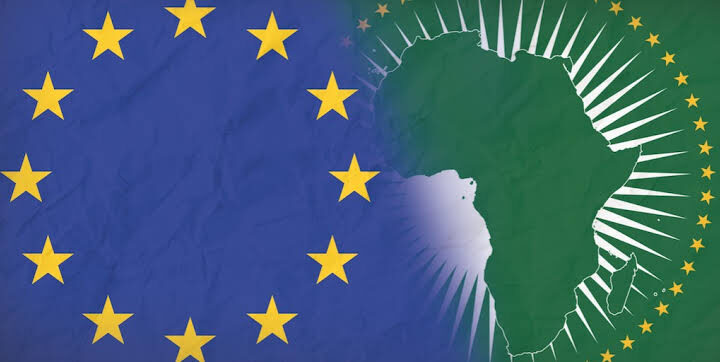
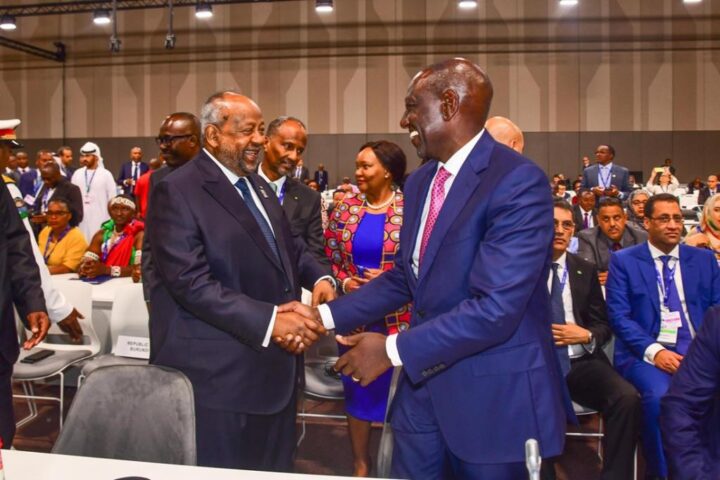




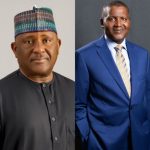



![Gender Activism An Economic Necessity In Africa [PBA Editorial]](https://www.primebusiness.africa/wp-content/uploads/2023/11/vaw-720x480.png)
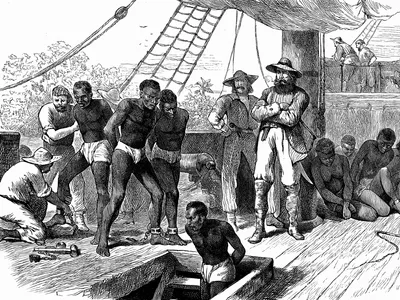
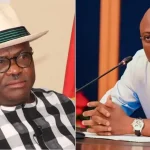
Follow Us